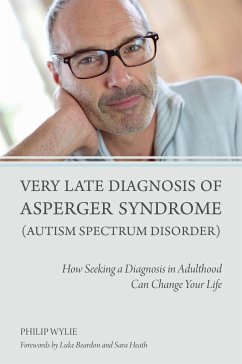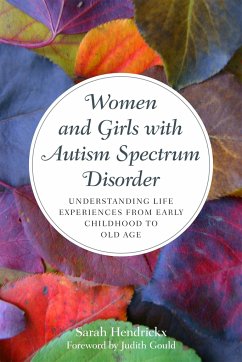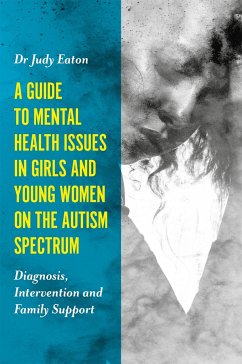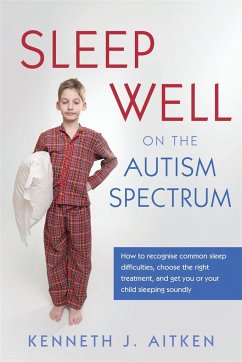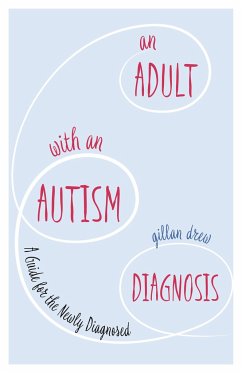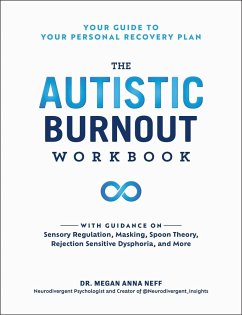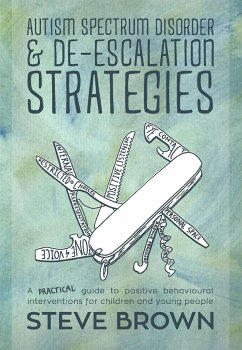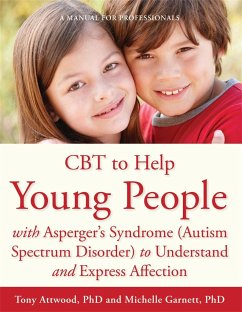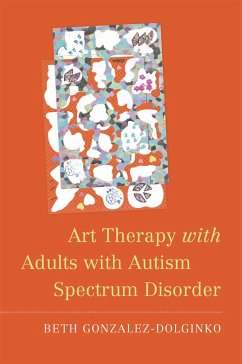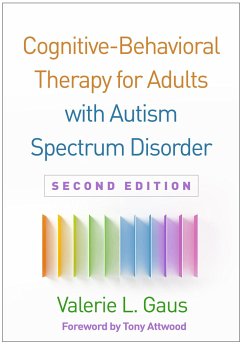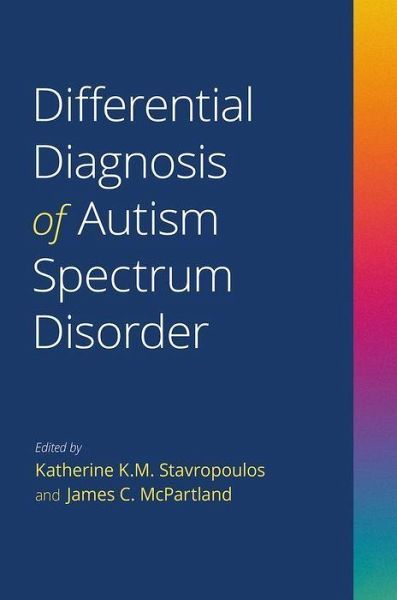
Differential Diagnosis of Autism Spectrum Disorder
Versandkostenfrei!
Versandfertig in über 4 Wochen
57,99 €
inkl. MwSt.
Weitere Ausgaben:

PAYBACK Punkte
29 °P sammeln!
The assessment and diagnosis of autism is difficult, and clinicians must consider other possible conditions and disorders, which can lead to delays or misdiagnosis. Finally, a comprehensive and essential guide is available for students and medical professionals that provides clear explanations to aid in the diagnostic process. Using real world examples, clinical case studies, illustrations, and 'decision trees', Differential Diagnosis of Autism Spectrum Disorder is a 'must-have' reference for every professional in the field of ASD.




